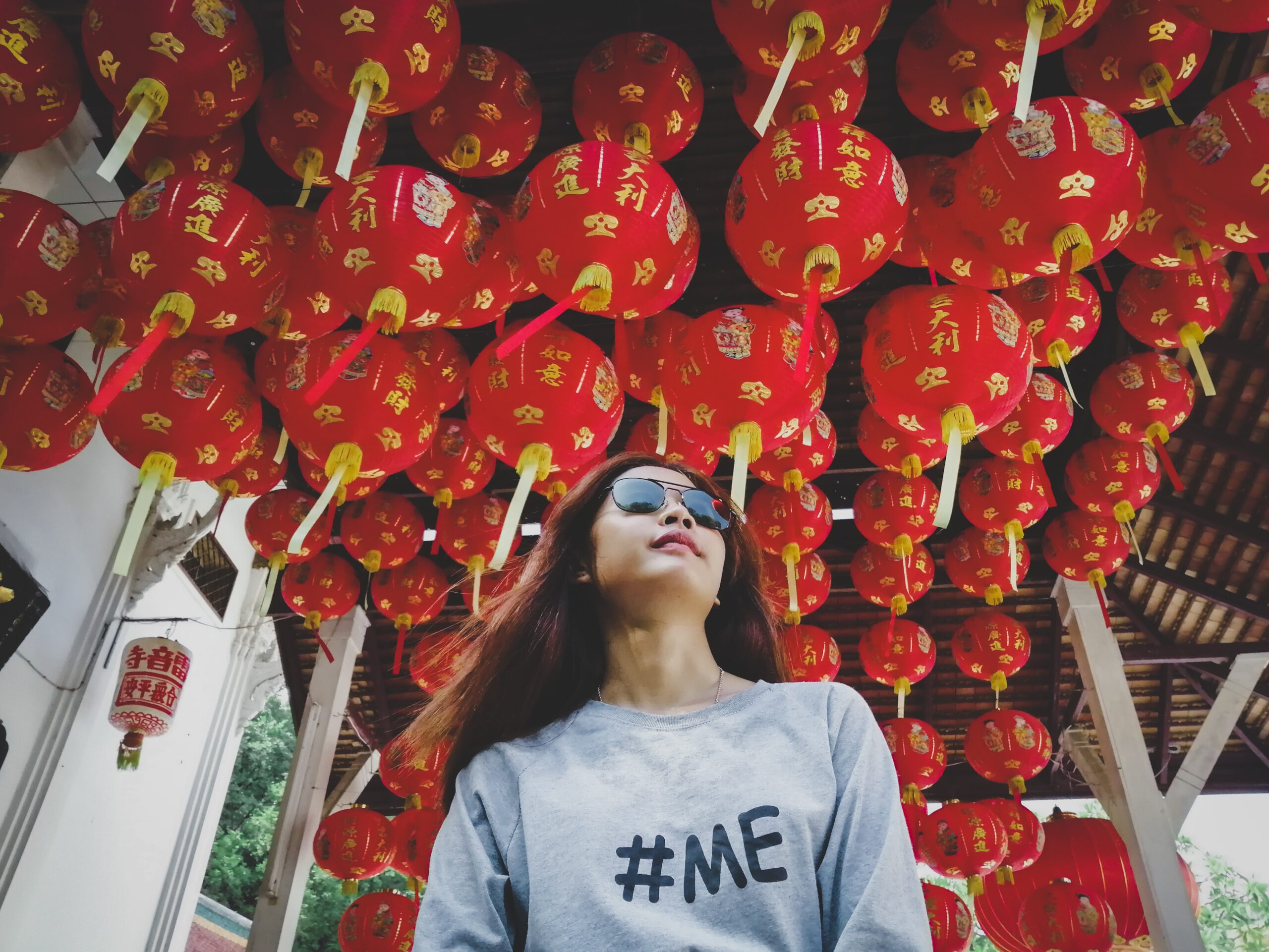
For years, people have been hailing the opportunities that China can bring to artists and labels alike. News stories of ‘untapped potential’ that I was seeing five years ago have turned into regular reports of growth in users, royalties, and the like. More and more, people are trying to make their way into the country.
Live music used to carry the scene. It was a saving grace for artists looking to enter the country – a good festival booking or small tour could net enough money to pay for an artist to promote themselves solidly in China, providing follower growth and engagement, and with enough time the artist would be back playing bigger and better shows. Needless to say, COVID threw a wrench in the gears, and left many scrambling for ways to continue to effectively reach their fans. Even if show restrictions were lifted today, I’m not sure the live music industry for foreign artists would return to what it was in the same time frame.
Given these circumstances, the growth of streaming platforms and social media apps in the country have been a lifeline for artists and labels, providing real income for their music catalog that wouldn’t have been possible a few years ago.
The article here is designed to give artists, DJs, managers, labels, and other parties some insight into what they can do to ensure their music is being heard in China!
Pitch to platforms for editorial
Okay, starting with an easy one. Everyone knows platforms like NetEase Cloud Music and Tencent Music are gatekeepers in the same way that Spotify and Apple Music are, using their editorial positions and playlists to drive streams to music they select. Of course, this is not any different in China. But like the rest of the world, it is far from the only thing you can do to promote your music. In many ways, this is not even the most effective way to reach Chinese fans; the platforms here are diverse and have a wide demographic of users. No self-respecting marketer in the West would write an email to Spotify and call it a day, don’t think that these platforms hold all the cards in terms of making hits and driving traffic.
3rd party playlist pitching
Where official playlists on NetEase and Tencent may fall short, 3rd party playlists are there to pick up the slack. The culture of DSP’s in China is not a top-down structure. There are countless users who have playlists bigger, more interesting, and more valuable than the official ones curated by the platforms.
Playlists are divided in many ways: theme, genre, activity, release time, and more. For example, an “afternoon tea” playlist may have more followers than a “chilled out xyz” style playlist, and power users can control multiple playlists that total millions of followers.
Use artist-owned accounts (and playlists!)
The last two points have been about addressing gatekeepers on DSPs in China. But each of these platforms can be a powerful tool for the artist as well. By running official accounts on NetEase, QQ Music, and the like, labels in particular can build a following of their own, and use their own socials, podcasts, and playlists to drive traffic to music directly. Not to be taken lightly, growing accounts in China does require dedication beyond a single campaign.
Use Chinese influencers (KOLs)
PR and press placement does not work the same in China as in the rest of the world. There are few magazines, blogs, and outlets that write openly about music and music news, outside the social media platforms. As such, users with large followings on WeChat, Weibo, and the previously mentioned platforms can be used to promote music, videos, or long-form content traditional served by press releases.

Go viral!
If only it were so easy… But there is certainly an avenue in China for promotion via memes, videos, dances, and jokes. Countless tracks have first made their way on Douyin (China’s version of TikTok) before landing on the proper DSP charts. Arranging this is not so direct, and makes use of the influencers/KOLs described in the last section.
Live streamed performances
Clubs across China have been buying videos of, or live streaming video sets for DJs since the beginning of the pandemic. Many festivals now have an online/offline component. Even if you don’t have an opportunity like that at the moment, there are channels on Bilibili, Huya, Douyin, and other platforms that host 24 hour streams, or regular events that can feature artists.
Label labels / label offices
Every major label, and many smaller labels, have offices in China, but you may not be on their radar. Each of these labels has their own social accounts, contacts, and pull in various corners of the internet locally. It’s worth mentioning to your label that China is a priority for you, or seeking out those contacts yourself to seed content or make a plan.
WeChat groups
This is a bit of an old-school DIY method of promotion, but has worked for ages in China. WeChat is filled with small groups (<500 people each) of fans around specific artists, shows, genres, labels, you name it. Similar to Discord, this can be as simple as sharing a track in related groups, and as complicated as creating a dedicated fan group to support everything coming down the line.
Get a Chinese remix or vocal
China has a budding scene of DJs and artists trying to make their own way in the industry: rock bands, drum’n’bass producers, indie singer-songwriters, and more. High-level collaborations can be arranged through labels, remixes can be borne of contests, and everything else in between with a little grunt work and your ear to the ground. A word of advice – make projects like this a two-way street, seek out proper collaborations rather than using an artist as a promotional tool.
Video game / movie soundtrack / TV show / Advertisement
Sync licensing can bring you to the next level. Alan Walker, one of the most famous artists in China, got his start here because his song was the menu music on a hit video game. Variety-style television shows are still watched by countless people of all ages, and music is often the backbone of these shows.

Get extremely lucky
Hey – it happens! Sometimes tracks just go crazy in China, without any rhyme or reason behind it. This can be the start of a bright career in the region, or the seed fund that supports the rest of your work locally. Life is what you make it!
Like what you’ve read? You can get regular updates on the music industry in China by joining our newsletter.

